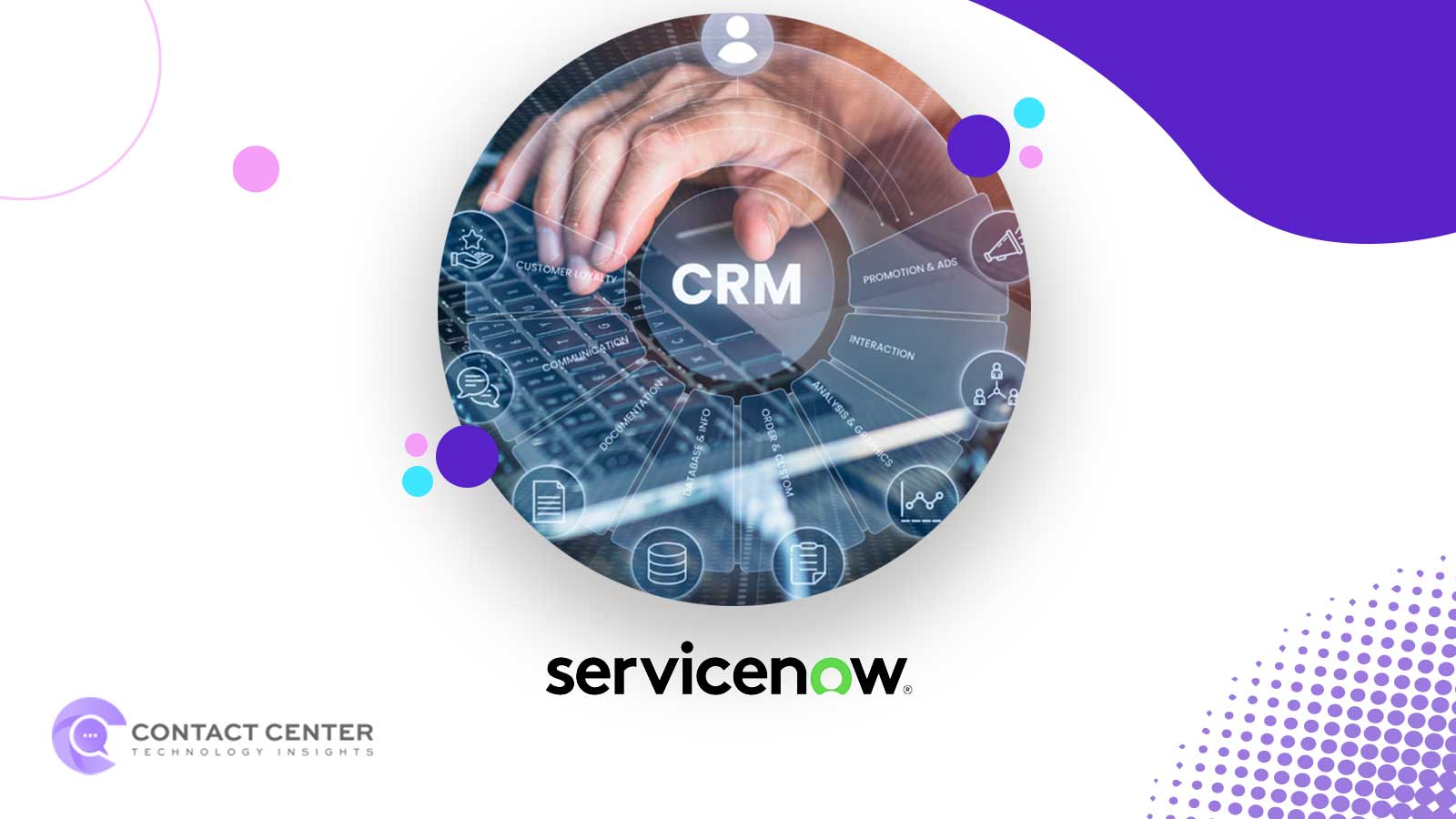ServiceNow introduced its Unified CRM platform at the Knowledge 2025 event in May, positioning itself as a serious contender in the CRM market.
The platform stands out for three main reasons. First, it is the only CRM that unifies service, sales, and order management into a single platform. Second, ServiceNow leverages its strong background in workflow automation, allowing deeper integrations that capture customer insights across the front and middle office. This gives teams a more complete, data-rich view of each customer, making it easier to understand and serve their needs. Third, most enterprise IT teams already use ServiceNow. As AI continues to influence buying decisions in the front office, IT departments are likely to lean toward a familiar platform—particularly as AI agents become more critical.
Despite these differentiators, questions remain around complexity. A ServiceNow CRM deployment can be more challenging compared to Salesforce or Microsoft Dynamics 365 implementations. To address this, Mark Ashton, VP EMEA for CRM at ServiceNow, emphasized the role of preconfigured Industry Workflows, which help reduce complexity and accelerate time to value. He noted that these workflows are advancing quickly, furthering ServiceNow’s ambition to become “the CRM market leader.”
Contact Center Technology Insights: Cerence Audio AI Joins HARMAN AudioworX to Boost In-Car UX
However, the absence of a dedicated marketing CRM is another concern. Without it, enterprises cannot fully consolidate their CRM strategy under one vendor. Speaking on this, Ashton explained:
“We partner with Tenon, which has built a native ServiceNow application for demand marketing. It provides B2B and B2C marketing capabilities through the ServiceNow store. But, we’re investigating it (marketing) all the time. What I can say with confidence is that agentic AI enables us to reimagine what the experience could look like. That’s the real strength of our platform: we have the data – what you’ve purchased and how you’ve used it – combined with workflow and the agentic AI capabilities. Together, these allow us to completely rethink what the marketing experience might be.”
Ashton also highlighted how ServiceNow is simplifying tech stacks for customers. For example, one enterprise previously relied on Siebel, Salesforce, and multiple workflow tools stitched together with middleware like MuleSoft, before integrating with SAP. With ServiceNow, that company replaced not just Salesforce but the entire supporting infrastructure—showcasing the platform’s ability to streamline operations.
Contact Center Technology Insights: Landis Launches Early Access for Teams Unify Contact Center
$750M Genesys Investment and Its Impact on CCaaS Strategy
Since launching in 2024, ServiceNow has pursued multiple CCaaS collaborations. However, the Genesys partnership stands out, as the companies are working closely at the engineering level to push forward CRM-CCaaS integrations. Ashton noted that while Genesys is a flagship partner, ServiceNow continues to collaborate with other industry leaders.
“We focus on best-in-class CaaS vendors, including Genesys, NiCE, Five9, and partnerships with 3CLogic, AWS, and Zoom,” Ashton said.
The ultimate vision is clear: create fully automated customer service and CRM engagement without requiring enterprises to piece together platforms through costly consulting projects. ServiceNow’s strategy is to provide end-to-end engagement natively, ensuring enterprises can scale faster while maintaining flexibility.
Contact Center Technology Insights: boost.ai Named Leader in 2025 Gartner Magic Quadrant
As Ashton concluded:
“Genesys is a flagship partner for us, given the investment we’ve made, but we’re also building these integrations with the other vendors I mentioned earlier. Customers have choice, and we want to be a strong partner for all of them, not just Genesys users.”
To join our expert panel discussions, reach out to sudipto@intentamplify.com








